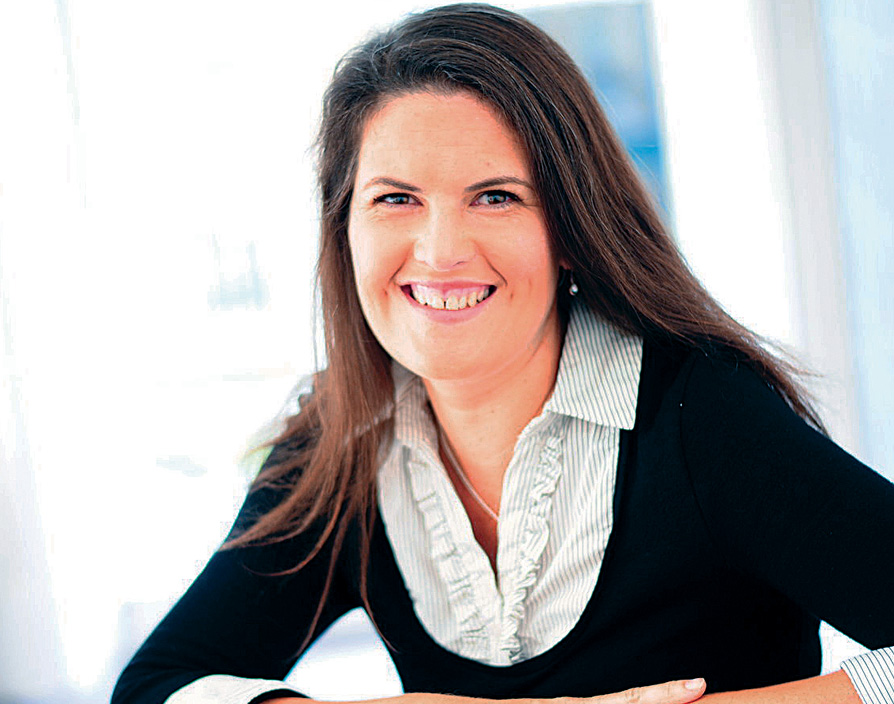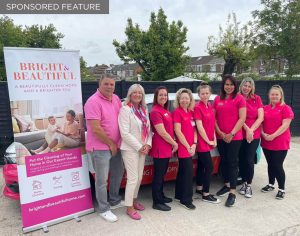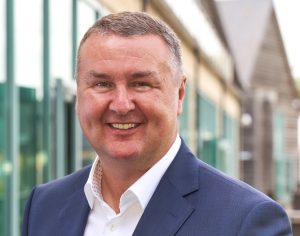From funding struggles to dealing with sexism, female founders face many challenges. One of the main obstacles is that women underestimate their capabilities. That’s why Angela De Souza, founder and CEO of Women’s Business Club, a franchise coaching women, launched her enterprise to help empower these entrepreneurs. “Men have had support for hundreds of years and they know what they need to do,” she argues. “It’s quite new in many ways for women and a rather uphill journey.”
However, it wasn’t something she thought of doing initially. While De Souza has spearheaded various companies – including a recruitment agency and a bookkeeping business – none of those worked out and she gave up. “I didn’t want to do business and thought I wasn’t very good at it,” she says.
The turning point came when De Souza volunteered at a church in Gloucester, to solve women’s business woes. On realising how she could capitalise on her talent, her husband had a lightbulb moment. “He said ‘why don’t you charge for that?'” she recalls. “I kinda laughed at him and thought ‘well I can’t, I failed in my business.’ But what I didn’t realise was even when you fail, you learn valuable lessons [like] how not to do things and how to do things better. I was then able to help people based on that experience.” And thus began Women’s Business Club in January 2013.
Having been a volunteer for a long time, De Souza struggled to get her business off the ground. The first step was to source capital. But when that turned out to be challenging, she instead opted to bootstrap the venture. “I started with no money so I took payments first, then paid the costs and we still continue that model today,” she says. This method not only kept her cashflow going during the company’s infancy but also prevented her from resorting to loans or going into deficit.“
The lack of funds made De Souza tighten her budget on every front, including marketing. Along with capitalising on her current contacts, she turned to social media as her go-to strategy. “I spent so much time on social media just chatting to people and inviting them to my sessions,” she says. “And they got more people so it just grew very naturally and organically.”“
Today, even with a profitable business, De Souza’s marketing scheme remains pretty much the same. “Now there are five of us overlooking marketing but we all use social media – not [only] because it’s free but because it works,” she explains.
Admittedly, one obstacle with growing through social media was the time it took De Souza to manually message potential members. And this led her to experiment with chatbots. “I think things have really evolved through automation and so now we can reach more people faster because we set up bots,” she says. The bots start the conversation but she and her team eventually take over to nurture a more personal conversation and relationship.
Although the company gained traction, her vision was to see it scale throughout the UK. And that’s how she fell into franchising within six months of launching. “Looking at the various constraints we had, [it] meant we could only grow to a certain point so franchising was the sensible way forward,” she says. Another benefit was franchising enabled her to reduce her staff costs as she would get paid by franchisees. “It makes sense on so many levels,” she adds.
While it was the best way forward for her to make a national footprint, franchising wasn’t a bed of roses for De Souza. She was in a big pickle after some bad experiences, which made her stop franchising altogether for two years in 2016. “Franchisees wanted to run it as their own business and [not] as a franchise model,” she recalls. “And so they started doing things that didn’t represent our brand. One of the franchisees said we were micromanaging and all we were doing was pointing her to the franchise handbook. You have to follow the handbook, otherwise you’re not a franchisee.” But despite the challenges which she believes formed a necessary learning curve, De Souza wasn’t one to give up. And in early 2018, she relaunched a revised franchise model.“
One of the main changes she made was to control social media centrally as opposed to the former method of granting franchisees their own accounts. This way she could administer the marketing side and franchisees could focus on the day-to-day running. De Souza also altered her franchisee recruitment method.“
The franchisor made it compulsory for potential franchisees to be members of her clubs for at least one year before going in at the deep end which wasn’t the case before. Apart from that commitment, De Souza considers passion a non-negotiable prerequisite. “Everything else I believe can be taught but passion for the Women’s Business Club – we can’t teach that,” she declares. “People either have it or they don’t.”“
She also believes an innate desire towards social”responsibility and philanthropy must be a part of their life. “A franchisee wouldn’t be good if they were only interested in how much money they could make -“it has to [be] more than that,” she adds. Once she’s confident about a potential franchisee, the franchisor upskills them for a year. “We look at leadership training, leadership development and speaker training at various degrees,” De Souza says. She also hosts webinars and online sessions on topics like marketing and finance. Additionally, she visits every club once a year, during which they’re rated between one to five so she can evaluate where they stand and help them grow.
Less than a year after the relaunch of the network, De Souza has already recruited 16 franchisees and plans to open three clubs every quarter going forward. She aims to make Women’s Business Club a household name for every professional woman in Blighty. “I think it will take me my whole life to get it rolled out across the UK because my dream is that no woman should travel more than 35 minutes to access a club,” she concludes. “It’s undoubtedly a very male-dominated environment and [women] need female support. We want to help every woman realise her potential.”“![]()

































